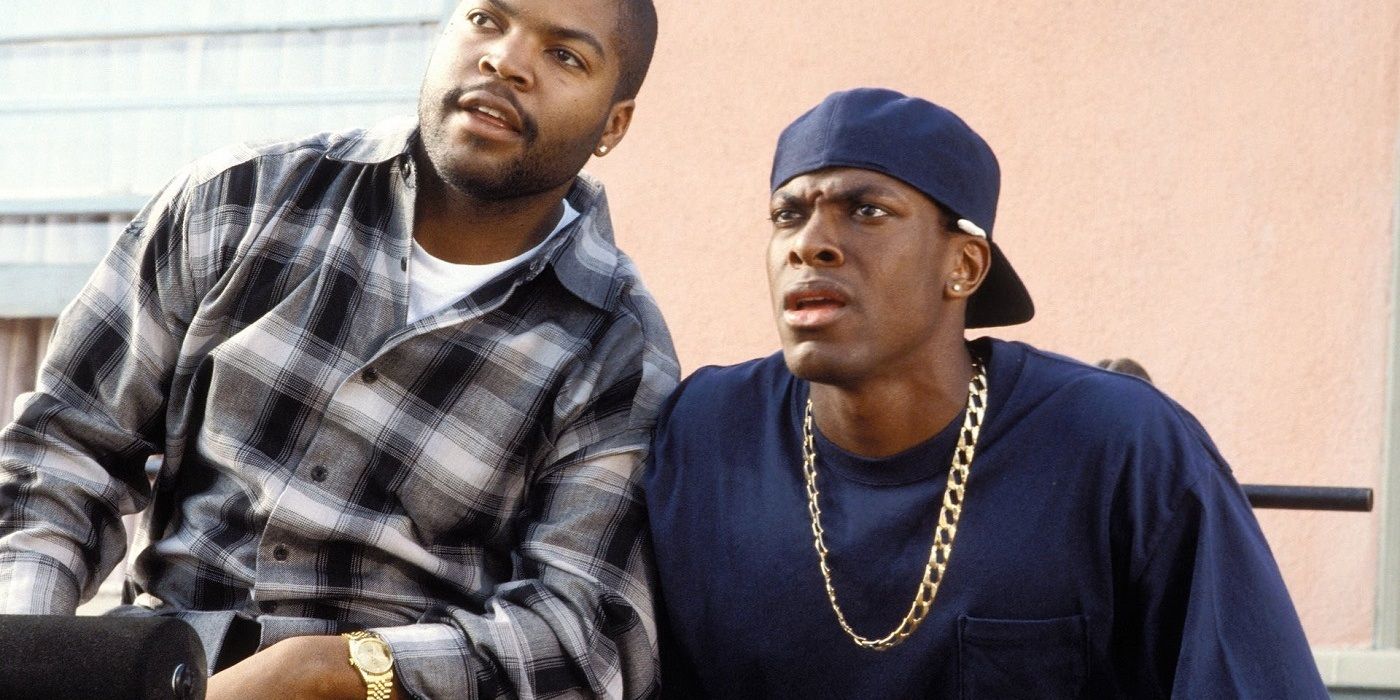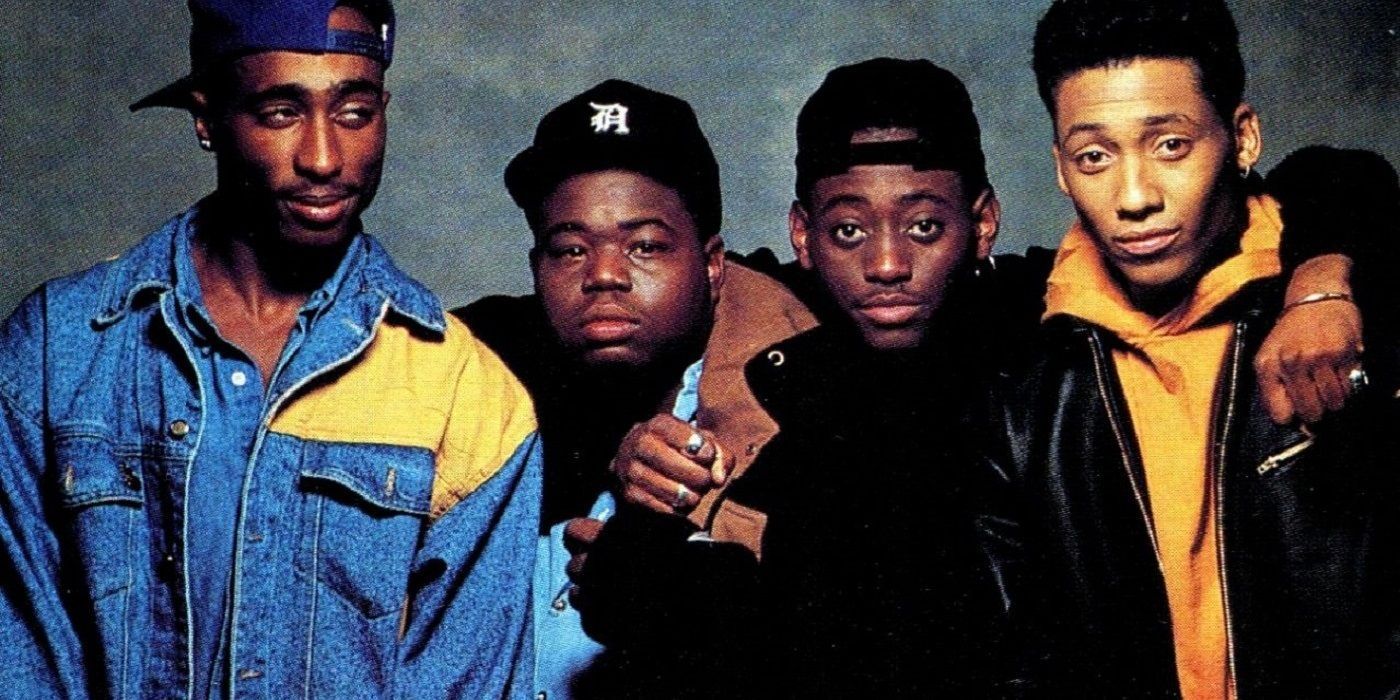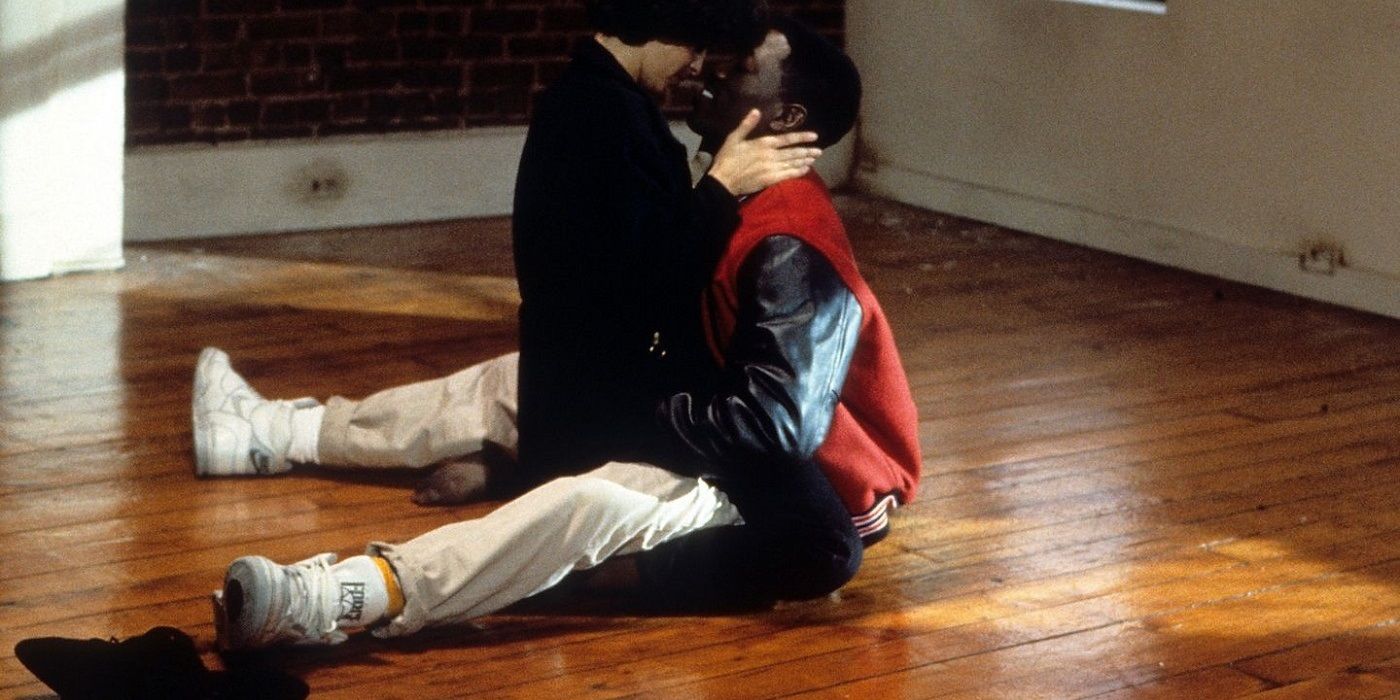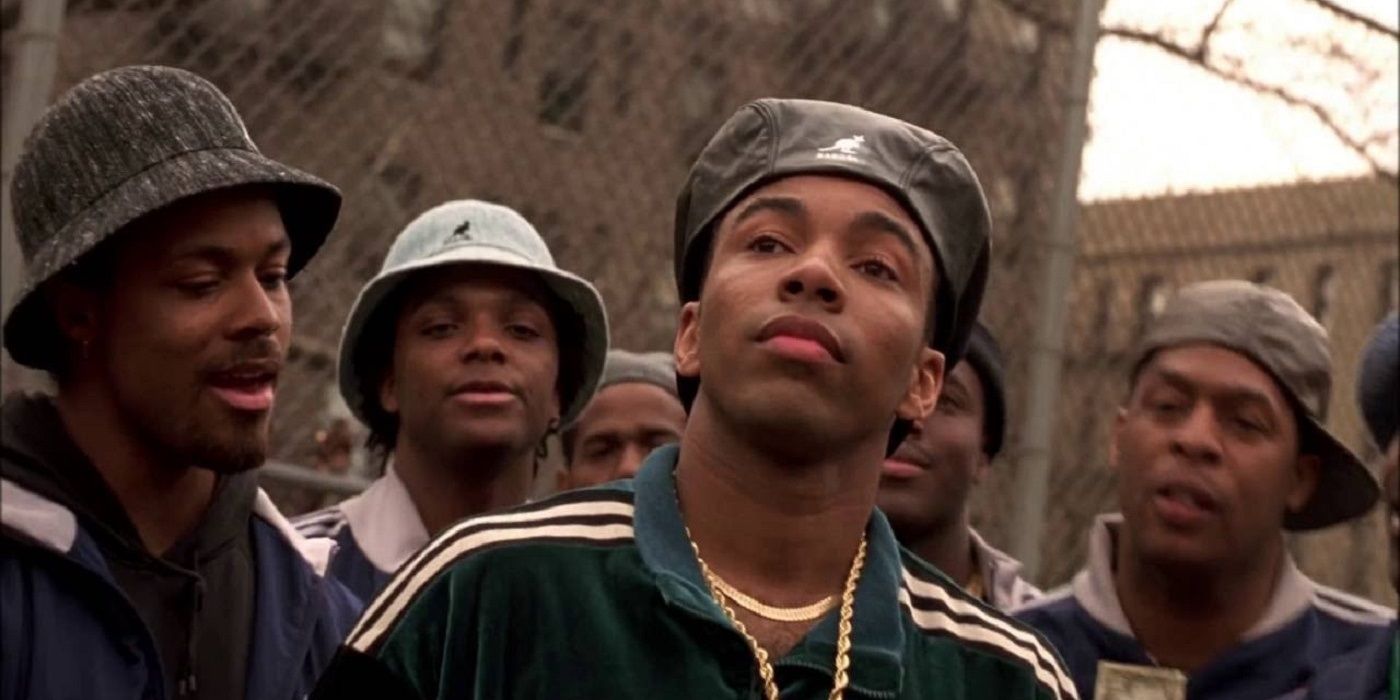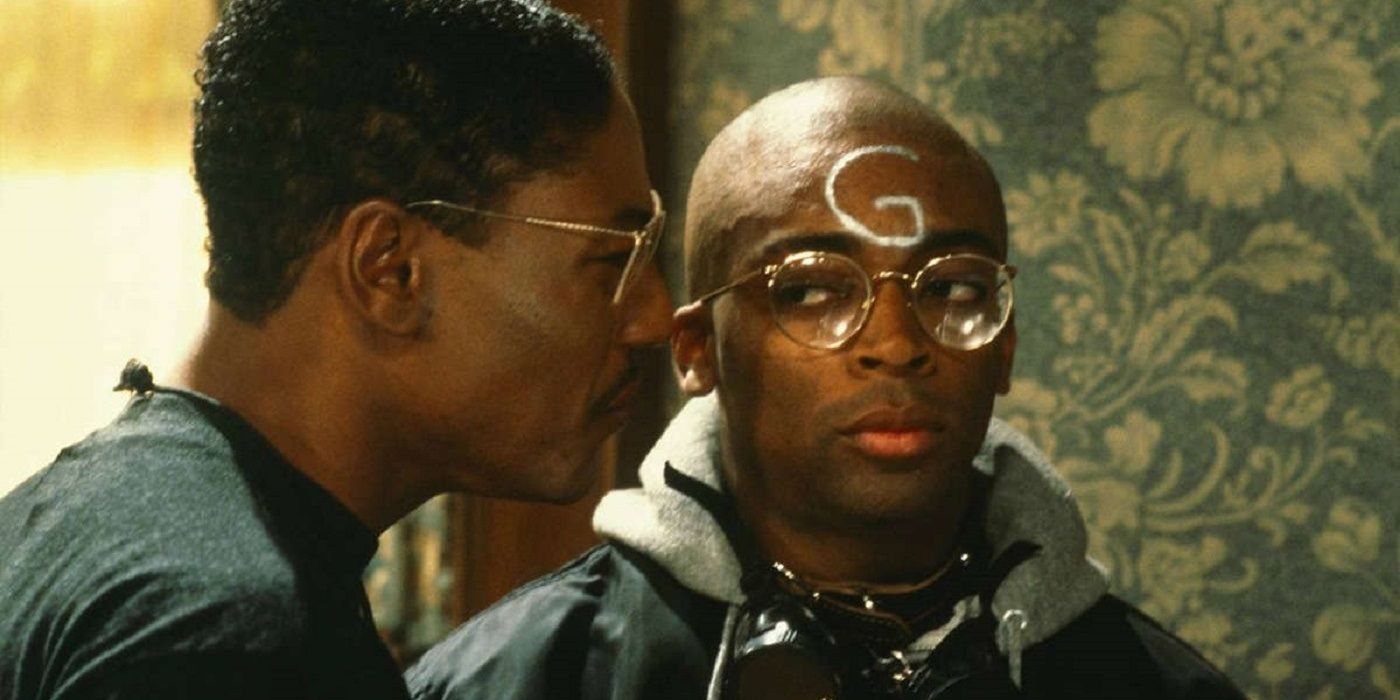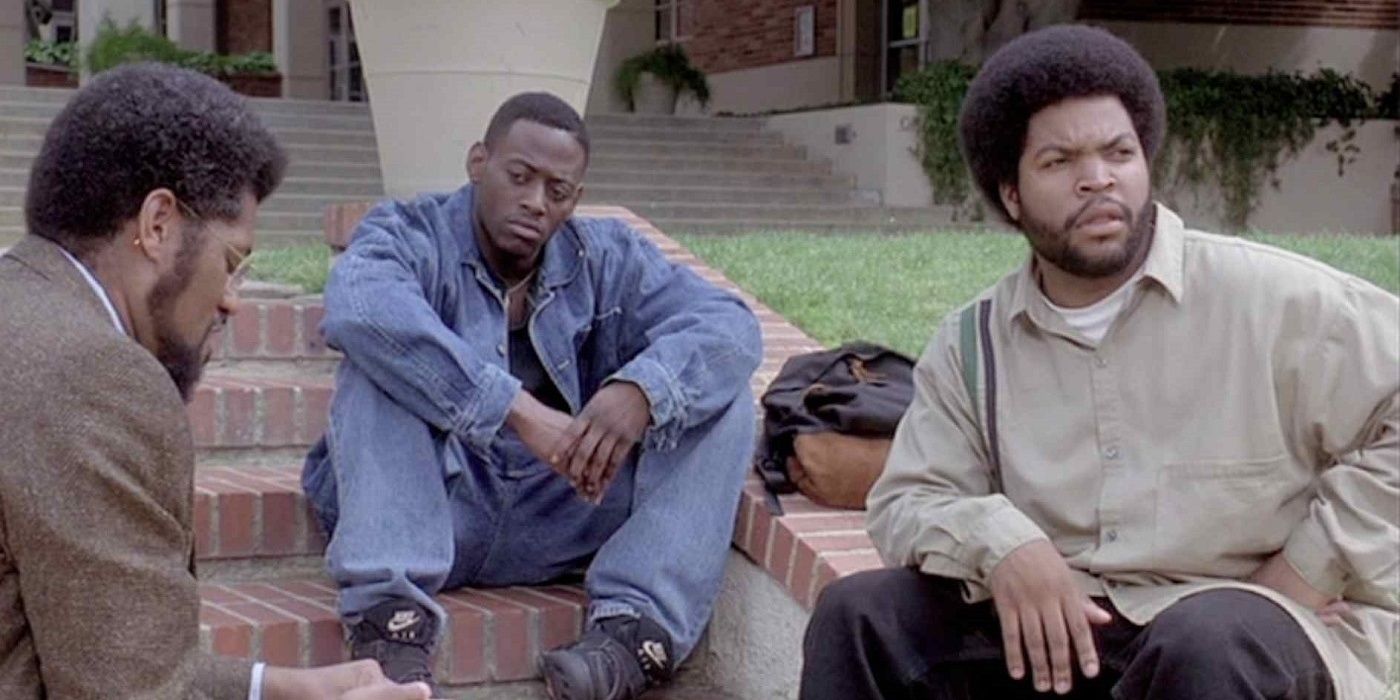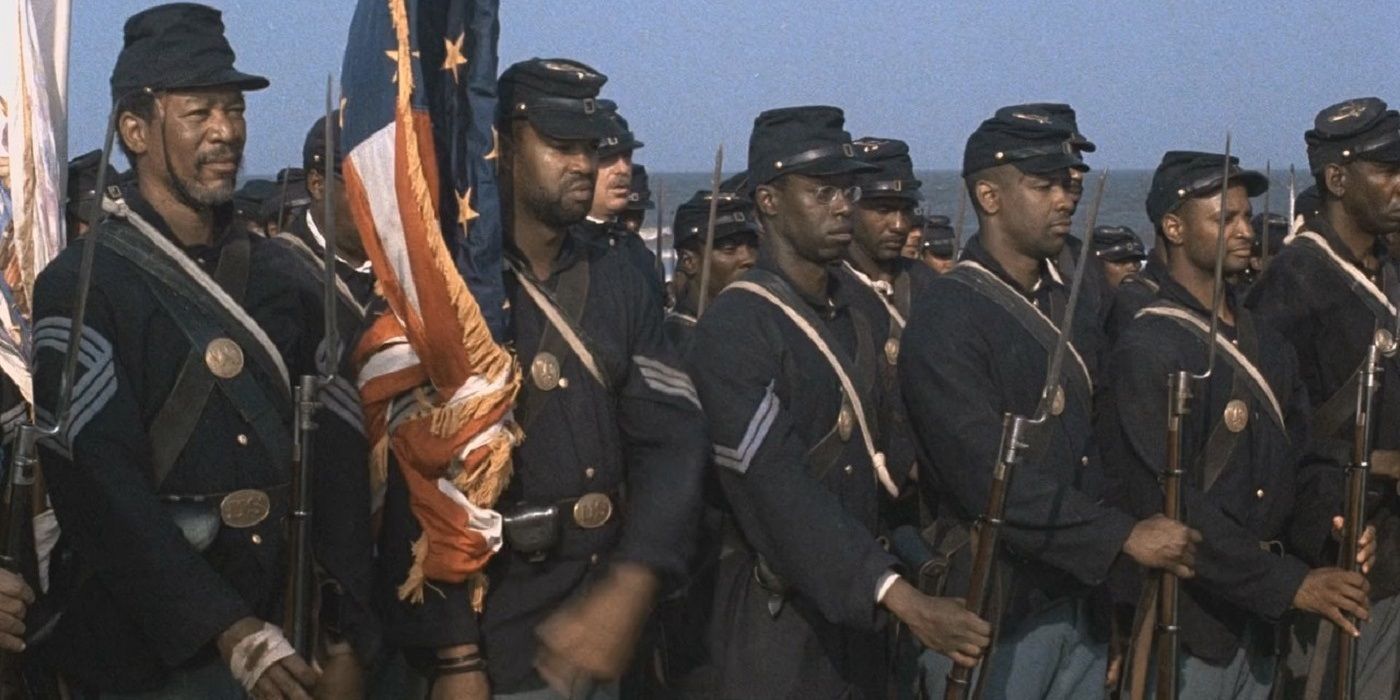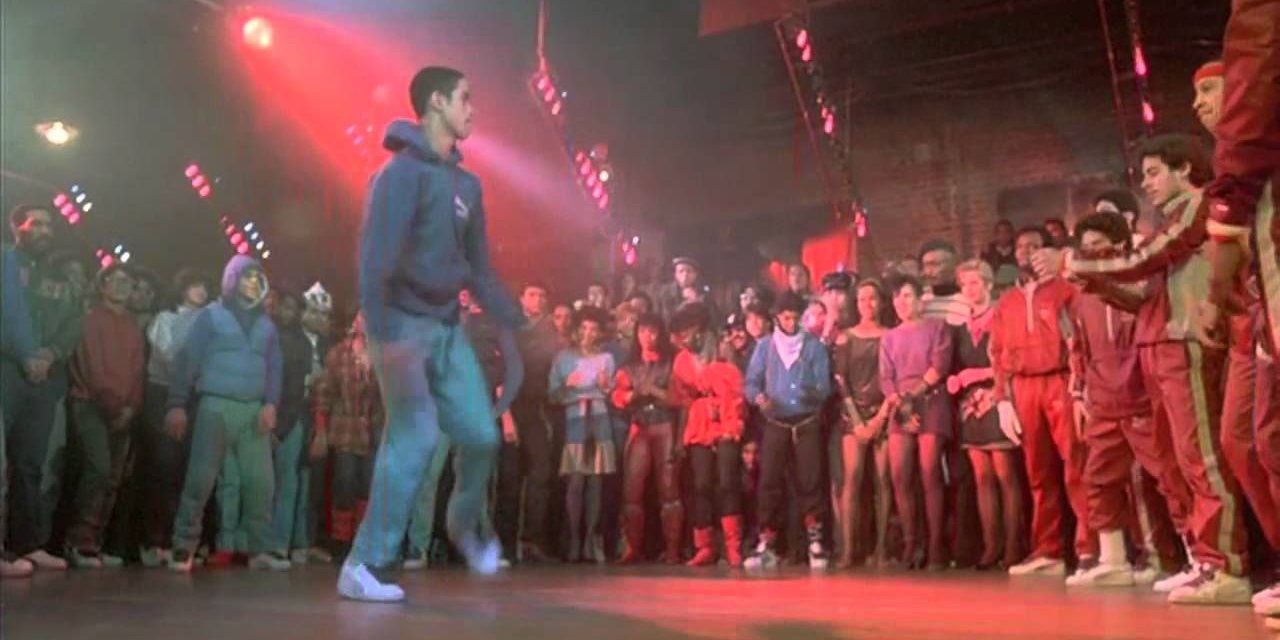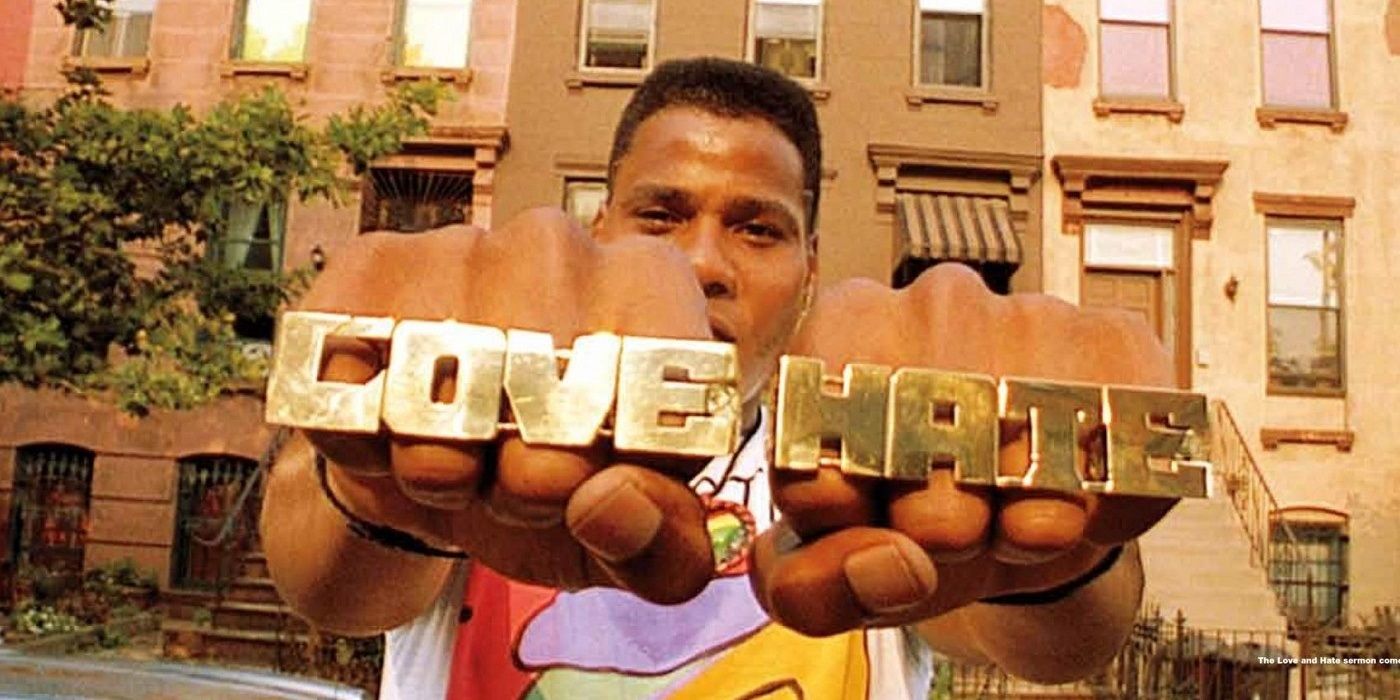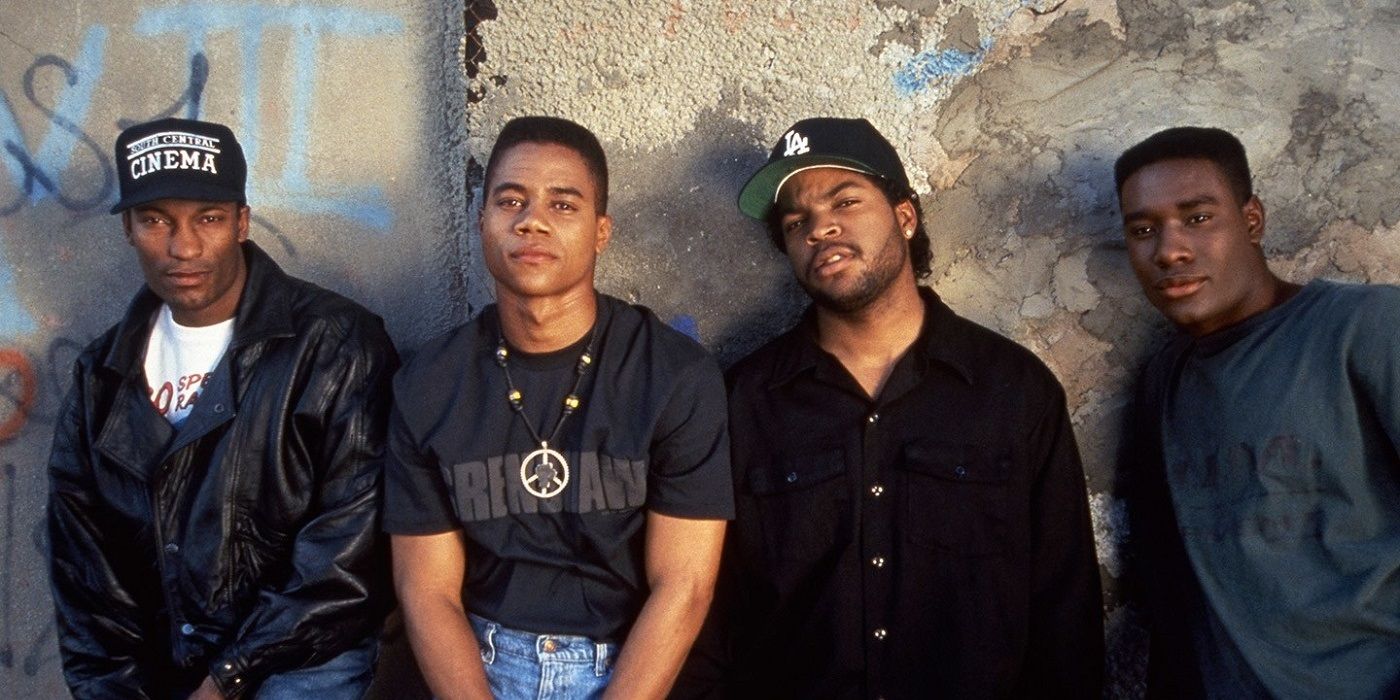Not too long ago, we took a look at the Top 10 iconic Black TV shows. Today, we'll hit the cinematic side of the draw. Obviously, it's difficult to choose only the best of the best, so this iconic Black Movie list is not based on how many funny, scary, or emotional moments or how much the movie grossed. This is for the films that have left a lasting mark on viewers' minds and hearts.
POC in Hollywood have always played a huge role. While a vast majority of Black movies have yet to hit the top 25 grossing of all time, that doesn't mean that a body of work is not worthy.
Friday (1995)
How was this movie iconic, some may ask? Never mind the dollar amount it grossed, this was a movie written by a Hip Hop pioneer that grew into something larger. There was nothing special about Friday. And while other movies such as The Heat of The Night, Roots or others, may have set a tone for the masses, it was a relief from the normal violent, political, and slapstick comedies.
For one, Friday took place over one day with two friends sitting on a front porch. One friend lost his job while on his day off and the other, he just sells and smokes weed all day. Friday was an instant hit in the urban community, so much so that what started out as a low budget film managed to expand to an empire. Laughs can go a long way.
Juice (1992)
If a director ever wanted to capture the raw footage of friendship in NYC, then Juice was that movie. It wasn't about the violence of the film like Boyz N The Hood or Menace II Society, it was how childhood friends can grow apart and become their own worst enemy. Despite the huge presence of Tupac Shakur in his first leading role, Juice would have stood out without him.
Set in Harlem, NY, it centered around four friends who fought for each then fought each other. It was about survival as one friend decided he no longer trusted or needed his pals. In a deadly game of cat and mouse, Juice showed just how one's darkness could impact the youth if given the chance.
Jungle Fever (1991)
Even today, blended races in a relationship are still considered to be taboo by many. Spike Lee, the master at addressing the controversy in unspoken issues, went against the grain. Jungle Fever, at the time, was passed over as just a good movie. But if we were to go back and view now, well see how it helped shaped people and their thought process towards interracial dating.
This film centers on an Italian woman and a Black man who fall in love, defying the social stigma (that was even worse in the '90s) and opening up conversations about interracial relationships. Lee's decision to tackle this subject in the movies brought it into everyday conversation in a whole new way.
New Jack City (1991)
Boyz In The Hood gave America insight into the LA life, but New Jack City gave the inner city a true voice about crack cocaine. Every movie has its hero and villains but it was hard to determine who they were in New Jack. Were we not supposed to root for Nino Brown? I guess it's the same way we were supposed to be happy for the downfall of Tony Montana in Scarface, right?
In a world of life and death, high-priced deals, loyalty, and deceit, New Jack City gave the urban community a road map to what life is like in the inner city. Heck, Nino was just a boy who turned an opportunity into an empire and some fans applauded him for that. That's how powerful the movie was.
School Daze (1988)
When you think of an HBCU in terms of Hollywood, normally A Different World comes to mind. But School Daze hit on a different level for the black community. Spike Lee, gave the world insight on what it's like for Black students behind closed doors. School Daze didn't explore the classroom aspect of college life, it was about the inner struggles in which African-Americans fought amongst each other. It was how light-skinned African-Americans judged dark-skinned students and vice versa.
In the midst of it all, School Daze managed to tell the story of fraternities and sororities and what that meant in terms of the secrecy and pledging.
Higher Learning (1995)
Where School Daze left off, Higher Learning took it a step further. Higher Learning's storyline centered around different ethnic backgrounds which resulted in one explosive movie in terms of race and privilege. What John Singleton was able to do differently than Spike Lee did with School Daze was show how Black and white students go through as they navigate in a place where there are no boundaries.
In today's world where students are carrying guns and attacking other, Higher Learning brought it to light. The racial profiling that's going on around the county, Singleton made sure to make it a point of concern in 1995.
Glory (1989)
African-Americans' place in history is more than slavery, music, and entertainment. Glory showcased that strength was not only in numbers but heart. A white Colonel was given command of an all-Black regiment in the Union Army. Despite their willingness to fight, they were still seen as pawns in a larger game.
What makes Glory one of the best films, is the raw emotion. These are men who fought for a country who turned their back on them and was asked to be on the front line knowing that certain death was always staring them in the face.
Beat Street (1984)
Hip Hop and breaking have been a mainstay for decades. While Wild Style was the first to introduce the art side to the masses, it was Beat Street who gave it that major voice. Set in the Bronx, NY, it gave voice to a culture that has evolved outside of NYC and the states. Beat Street took the art of DJing, rapping and dancing to the next level.
Beat Street was more than that. It was about friendships, family, and growth. For the Black community, it made young kids experiment. Across the urban setting in America, kids were ripping large cardboards in half and doing their best imitation of Lee and Crazy Legs. We wanted to do that. After Beat Street, the art of rapping and doing scratches on your Dad's record player became the norm. If not for this movie, how instrumental would Hip Hop be?
Do The Right Thing (1989)
Racism is still strong throughout the world today. However, in 1989, a young director named Spike Lee, directed one of the best films in history. Do The Right Thing spoke to so many racial injustices in the country that he became a household name. Set in Brooklyn, NY on a scorching hot summer day, Mookie watched as his neighborhood went from friendly to a war zone in a matter of hours.
As tension grew, a battle ensued between the Black community and the Italians, and the Brooklyn neighborhood was torn apart. In the end, a young man lost his life, people lost respect and a line was drawn. What Lee spoke about decades ago, has only gotten worse over the years. Do The Right Thing was way ahead of its time.
Boyz N The Hood (1991)
What happens in the hood stays in the hood because no one outside of the hood dares to enter the hood. Boyz In The Hood is the gold standard for urban films. The gritty tale of South Central Los Angeles at the height of the crack epidemic set off alarms across Hollywood and beyond. John Singleton introduced us into a world in which people outside of LA didn't know or refused to admit was happening.
Gang wars, sons trying their best to escape the innercity trappings and friends just doing whatever they could do to survive. There were fatherless sons, and a father doing his best to raise his son, alone. Boyz In The Hood gave the Black community a voice and shouted; "it's real over here".

